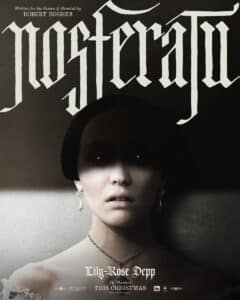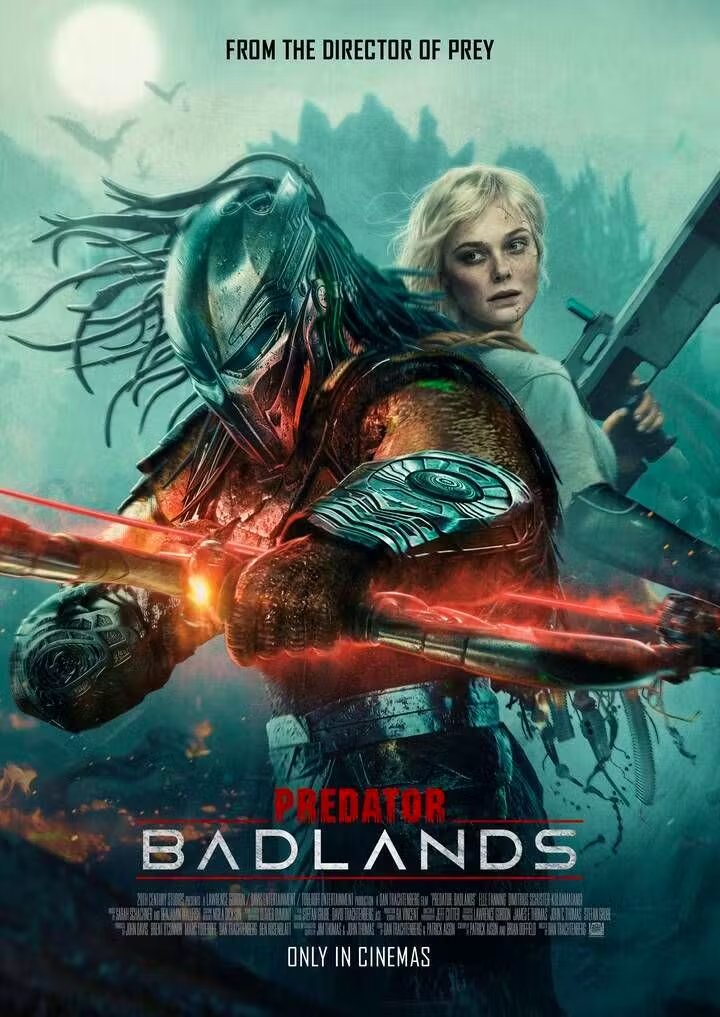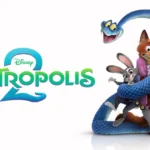
Nosferatu
Alright, so picture this: it’s 1838 in a little German town called Wisborg. Thomas Hutter has just tied the knot with his lovely wife, Ellen. Out of nowhere, he gets sent by the real estate agency he’s with to this super remote spot in the Carpathian Mountains to do some business.
Now, as soon as he lands in this creepy region, everything goes haywire. He starts having wild nightmares and sees some really strange stuff going down with the locals. But then, out of the blue, a carriage shows up—with no driver at all—and whisks him off to see this mysterious Count Orlock.
Things get weird fast when the Count insists on getting Thomas to sign some ancient contract that makes no sense whatsoever. And before Thomas knows it, he realizes Orlock is not your typical guy—he’s undead! Freaked out and not wanting any part of it, Thomas bolts back to his room for cover.
Meanwhile, Count Orlock decides he’s heading over to Wisborg because he’s obsessing over Ellen whom he’s weirdly been fixated on since she was a kid. Chaos follows him—he brings along a nasty plague that throws the whole town into disorder so he can go about his business without being bothered.
Ellen becomes a bit of a mystery herself because it seems like she might have somehow called all this doom into her own life and town by summoning Nosferatu (who’s basically Orlock) unknowingly through her hidden desires. But then again, maybe it’s about all those strict societal rules holding her back and making things worse. Even Dr. Sievers nearby—noticing she’s struggling—only suggests tighter corsets instead of proper help.
So yeah, there’s all kinds of spooky action mixed with social commentary whirlwinding through this eerie tale!
Alright, so the movie dives into this fascinating contradiction between Ellen being both a mermaid and a saint. Basically, it’s showing how her powerful femininity is enough to take down the beast, but society’s expectations hold her back. It reminds me of that theme in Eggers’ first film, The Witch. There too, the danger seemed linked to being a woman, although it ended differently.
Now take Ellen’s nightmares about the vampire from when she was young. These nightmares were only troublesome again because her husband (who really loves her) leaves her alone at home—something he does because he’s stuck with what society expects from him too. This kinda highlights how desires are strong when kept in darkness and secrecy. It’s like they need to be recognized and faced openly to stop them from becoming threats.
There’s this character played by Willem Dafoe who’s like Van Helsing but with a mystical twist. He tells Ellen she could’ve been respected as a priestess if things were different back in the day—not just stuck at home having babies.
Eggers nails it with his version of the story, blending these themes perfectly into one impressive movie experience.
This movie takes inspiration from Murnau’s original style and has a cool way of filming with lots of direct shots and cameras that sometimes zoom in quickly and other times have intricate moves. The director works closely with Jarin Blaschke, the cinematographer, who plays around with shadows and creates these dreamy, almost colorless images that really stand out. It’s got music from Robin Carolan, too, and it’s like something straight out of old silent films—really dramatic.
The whole movie is a treat to look at—from the costumes to the amazing sets—and the actors bring loads of passion to their roles. Lily-Rose Depp does some scenes influenced by Japanese Butoh dance moves, so you know it’s unique. And then there’s Bill Skarsgård; he’s transformed so much that you wouldn’t even recognize him as Dracula or Nosferatu—no sharp teeth here! He looks more like an eerie old corpse with battle scars but surprisingly still has a mustache.
Willem Dafoe is in this one too, bringing his usual crazy energy to a character named Albin Eberhart von Franz. This role is different from the old Van Helsing character—it’s like paying tribute to both a producer from the original film and someone fascinated by fairy tale psychology.
Everything comes together just right, creating something visually stunning and artistically rich!
“Lawless” is pretty much what you’d imagine if you’re familiar with Eggers’ style. It’s got that extended runtime to it, but don’t expect too many surprises. The prologue’s kind of fresh and new, but other than that, it sticks to the sort of storytelling you’d expect from this director.
To watch movies and TV shows online, please sign up with our partner, a legit streaming service.
Get Started ➔






